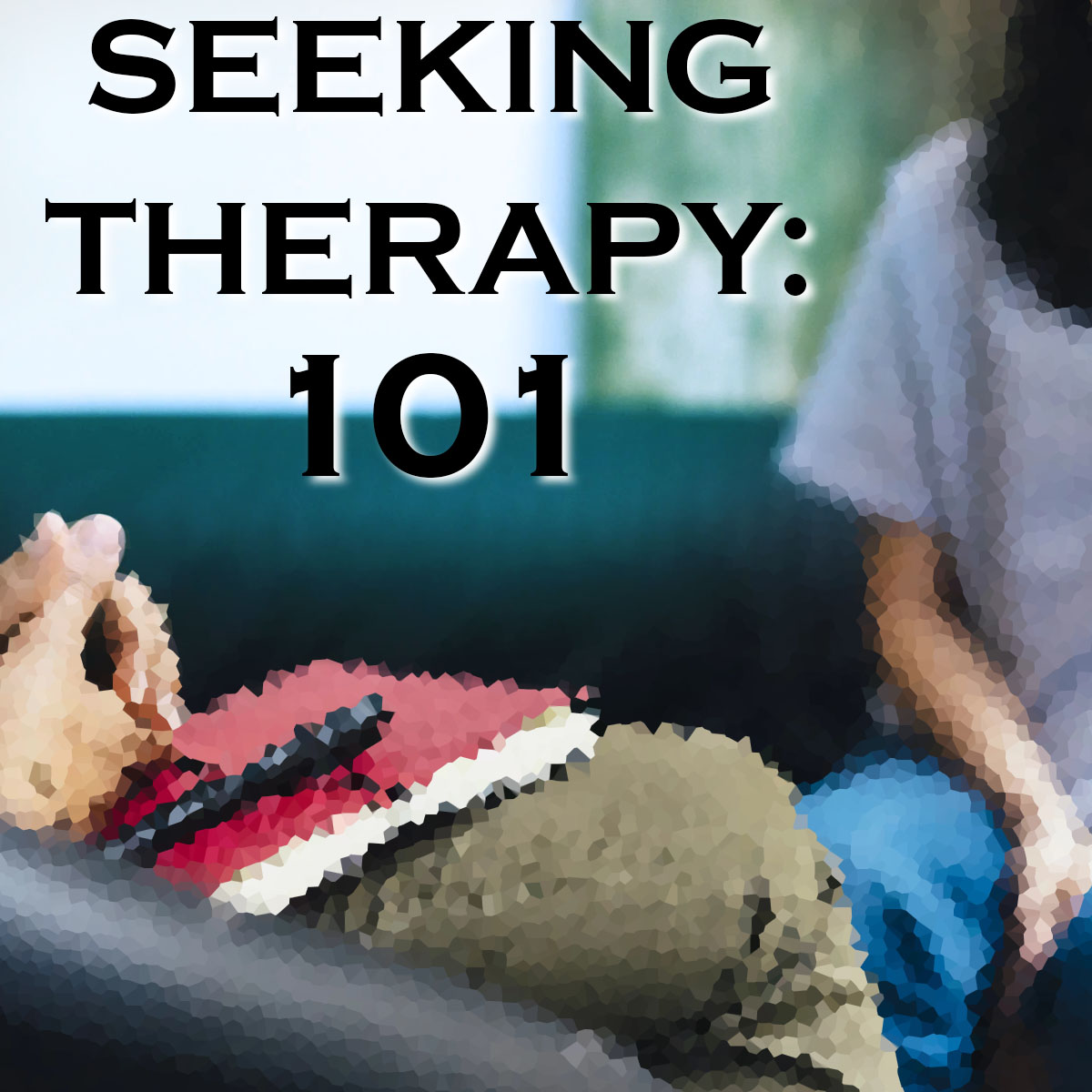

Seeking Therapy: 101
By Dr. Laura Heaphy
Published September 24, 2021
You’ve made the decision to seek therapy…now what?
As a psychologist, I have the pleasure of getting to work with people who are interested in understanding who they are, what they are feeling and how they might feel better. In my (admittedly biased) opinion, many people can benefit from working with a therapist. According to the CDC, in 2019 around 10% of Americans received therapy from a mental health professional.
Sometimes it can be a challenging decision to try therapy, especially when it is your first time attending. After that decision is made, it can be daunting to face questions such as: What type of mental health professional should I see? Where should I go for services? How expensive will it be?
This post will assist you with some of these questions and suggest options in regards to finding a therapist. It is important to remember that this is a personal decision and there is not one correct path to better mental health. If you’re still reading, I’m assuming that means you’re interested in finding a therapist. Congrats! That is a fantastic first step.
If you currently have insurance, a great place to start is checking out your insurance card and insurance provider website for details about mental health benefits (this is sometimes listed as “behavioral health”). Many plans offer a list of area providers that you can see with a co-pay (which means you pay a small portion of the bill and your insurance covers the rest).
When you obtain a list of covered providers it can be very difficult to choose who you want to call first. Psychology Today (psychologytoday.com) is a directory that provides you with detailed descriptions of many different therapists, including information about that therapist’s area of specialty and even a bit about their personality and/or therapy style.
Many UVU students consider seeing a therapist for individual therapy at UVU Student Health Services. Our staff is regularly growing and we are doing our best to meet the needs of our (also growing) student body. If you are currently enrolled in at least 9 credit hours, this may be a good option to consider (especially if you do not have insurance benefits for therapy). Complete paperwork in our client portal, click on the button that says, "Make An Initial Appointment". Individual therapy at UVU costs $10 per session.
Sometimes Student Health Services’ waitlist fills and no individual therapy appointments are being offered until spots open up. (Closing the waitlist occurs to prevent the waitlist from getting so lengthy that people are waiting years to see a therapist). I know this can be discouraging if you are ready to go and can’t even get the paperwork started. However, another wonderful option is UVU’s group therapy services. These small groups (typically capped at 8-10 people) will allow you to explore your current concerns with two therapists and a group of peers. This is initially intimidating, but I frequently witness how pleasantly surprised students are by how much they grow and learn in this environment. Group therapy can provide room for validation, as well as a place to try out new behaviors and get real, genuine feedback from a group of people in a safe environment. Our therapy groups are free and only require you to be enrolled in one credit. More information can be found UVU Group Therapy.
If you decide that this isn’t the right time for you to attend therapy, another option to consider is bibliotherapy. Bibliotherapy refers to the use of books to learn about and treat mental health difficulties. You can find several recommended books by going to our webpage and looking for the “Recommended Reading” section. Bibliotherapy can be an excellent way to learn more about mental health concerns like anxiety and depression and you can teach yourself tools that may be helpful in treating these.
If you are experiencing suicidal thoughts it is important to seek support in a timely manner. Please do not hesitate in seeking help, as there are immediate resources available including:
• The Safe UT app
• National Suicide Prevention Lifeline 1-800-273-TALK (1-800-273-8255)
• For LGBTQ+ students: The Trevor Project / 1-866-488-7386 (see website for text and chat options)
• Crisis Text Line: TEXT “HOME” TO 741741
• Crisis services are available through UVU Student Health Services by calling our
front desk (801-863-8876) and informing them you need a crisis appointment. This service
is available M-Th 9am-6pm, and Fridays 8am-5pm.
I hope this post has helped you to better understand some of the options that are available to you as you consider routes to improving your mental health. It takes courage to acknowledge when we need a bit of help and it is human to need help.
Citation:
Terlizzi EP, Zablotsky B. (2020, September). Mental health treatment among
adults: United States, 2019. NCHS Data Brief, no 380. CDC.
https://www.cdc.gov/nchs/products/databriefs/db380.htm

